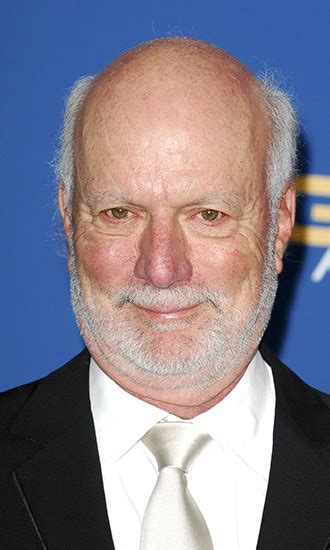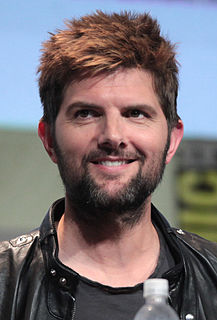A Quote by Ray William Johnson
One of the amazing things about the Internet is that the content creators are the gatekeepers. We can think of an idea and execute it quickly, and we didn't have to pitch the idea to a major network or convince a studio head to sign-off on the concept.
Related Quotes
I pretty quickly move from an idea to possibilities for execution. If there's one advantage, I think, with working in television for even a short amount of time is trying to gain a faculty for processing a storyline or an idea and how to then best implement that and execute that as swiftly as possible.
I had no idea about where I was going. I had no sense of art as anything other than a problem to be fixed, you know, an itch to be scratched. I was in that studio trying my best to feel content with myself. I had, like, a stipend. I had a place to sleep. I had a studio to work in. I had nothing else to think about, you know. And that's - that was a huge luxury in New York City.
An idea is only an idea if it causes unease, debate and reflection. By that standard, Thomas Homer-Dixon's concept of an 'ingenuity gap' is truly a new idea. I can think of no other new concept that so fully condenses all of the challenges we face as a human civilization than the 'ingenuity gap'. Homer-Dixon has found a way to unite all of our concerns about economics, war, population growth, complexity, etc. under a single heading. He is one of an elite group of academics who can write for a mass audience.



































